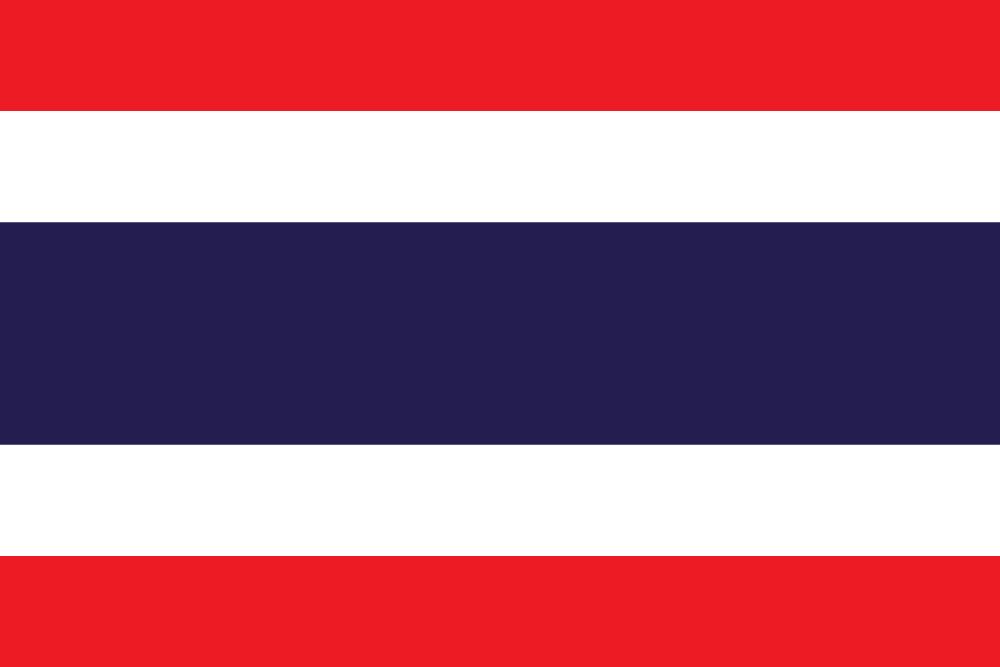The Madrid Protocol has Thailand as a signatory. As a result, Thailand cannot be designated under the Madrid Scheme of international trademarks or by a local resident (eg, an appointed local trademark agent).
The average time to complete the Thai trademark registration process is nine to eighteen months. In Thailand, there are four main stages to registering a trademark application: filing, examination, publication, and registration.
1. Filing of application
After a properly prepared trademark registration application form has been submitted to the Thailand Department of Intellectual Property with all required documents, the application is given an application number, then examined by the Registrar.
If a required document (such as a Power of Attorney or a company certificate) or information is missing, you might be able to request that the missing documents be filed later. However, without a sample mark or specification of the product/service category(ies) for which protection is sought, an application cannot be filed.
Unless the application dossier is complete and all missing information and documentation are given, the Registrar does not examine the mark. Unless the filing date takes priority, it’s best to make sure applications are as complete as possible before submitting them.
2. Examination
The Trademark Registrar will conduct a review after receiving a complete application (including all required documents and fees) to determine if the application meets the Trademark Act’s requirements (distinctiveness, not prohibited by law, available). Within nine months of the filing date, the examination process is usually completed.
Additional information or amendments to the application are requested by the Registrar via Office Action communications. If the Registrar objects to the registration, the Registrar may send a formal letter of Rejection along with a statement for the basis of the rejection.
If the Registrar does not make objections or request amendments, the application proceeds to the publication phase.
3. Publication
When a trademark application is published in the Trademark Gazette, a 60-day period begins during which third parties can file required documents with the Registrar to refuse the trademark registration application.
If no opposition is filed within the 60-day period, the Registrar proceeds with the registration of the trademark.
If an opposition is filed, the trademark applicant has 60 days from the date of receipt of a copy of the opposition to file a counter statement with the Registrar. The trademark application will be canceled if the counter-statement is not filed within the 60-day period.
4. Registration
The Registrar issues a request to pay official registration fees after the 60-day publication period has expired or the applicant has resolved an opposition. Within 30 days, the applicant must pay the official registration fees. In Thailand, a registered mark is protected for ten years from the date of filing (or priority application filing) and can be renewed.
5. Renewals
A registered trademark must be renewed within ninety days before the expiration of the 10-year period. Failure to renew the registration will cause the trademark to expire. Official fees for each product/service apply and must be paid when the renewal application is submitted.
